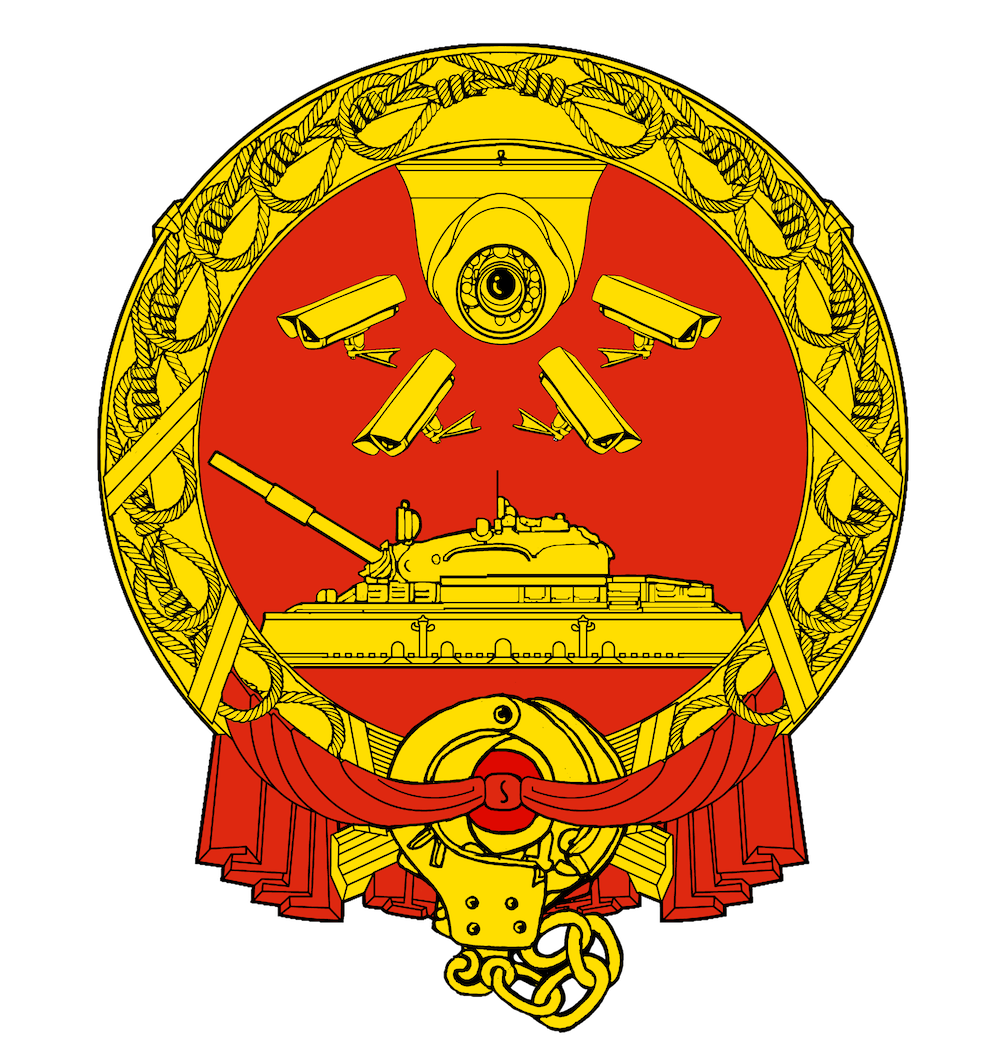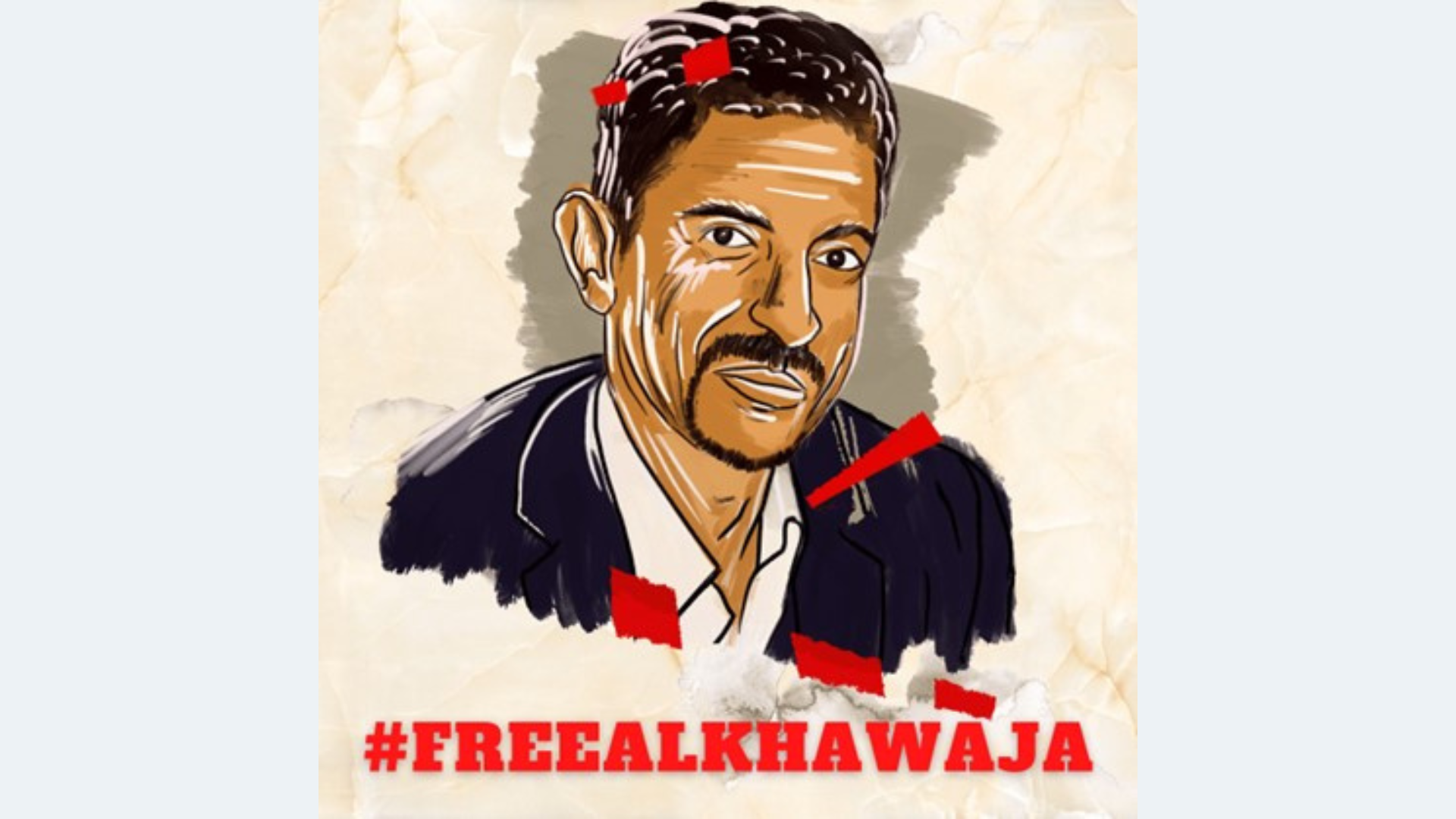请点此阅读中文版。
In case you missed it: ISHR and partners remember victims of enforced disappearance in China
In response to the ongoing incommunicado detention of three human rights advocates, six UN ‘Special Procedures’ – human rights experts working individually or as a group to monitor human rights issues worldwide – expressed concerns about the ‘1226 crackdown’ and its chilling effect on civil society in China in a joint press release today. Their statement follows efforts to engage the Chinese government in dialogue on the case.
The three activists – Dai Zhenya, Zhang Zhongshun, and Ding Jiaxi – were detained on 26 December last year, in connection with an informal gathering in the coastal city of Xiamen where participants discussed topics such as governance, human rights and democratic transition. ISHR Asia advocate Sarah M. Brooks clarifies that although freedom of association is nominally protected by the Chinese Constitution, law enforcement has consistently used national security provisions to punish those who share their views – especially in groups – about such ‘sensitive issues’.
Brooks adds: ‘Once an individual’s words or actions are categorised as a danger to state security, which is to say they are critical of the state and the political leadership, the police won’t hold back.
‘This is why we see use of ‘residential surveillance in a designated location’ continue. To the Chinese authorities, it is largely irrelevant that their actions run counter to international law; they want to send a clear message that dissent will not be tolerated.’
The experts emphasise that the practice of residential surveillance, or RSDL, has been on their radar for years. The criminal provision allows police to detain certain suspects, on certain security-related grounds, for up to six months without disclosing the location of their detention, or allowing access to a lawyer. While UN experts and international law acknowledge that there are some actions a government can take in the name of public order, use of RSDL does not pass muster. They are unequivocal:
‘Enforced disappearance is a grave and flagrant violation of human rights and is unacceptable in all circumstances’.
Want more information on how UN experts are following the situation of human rights defenders in China?




